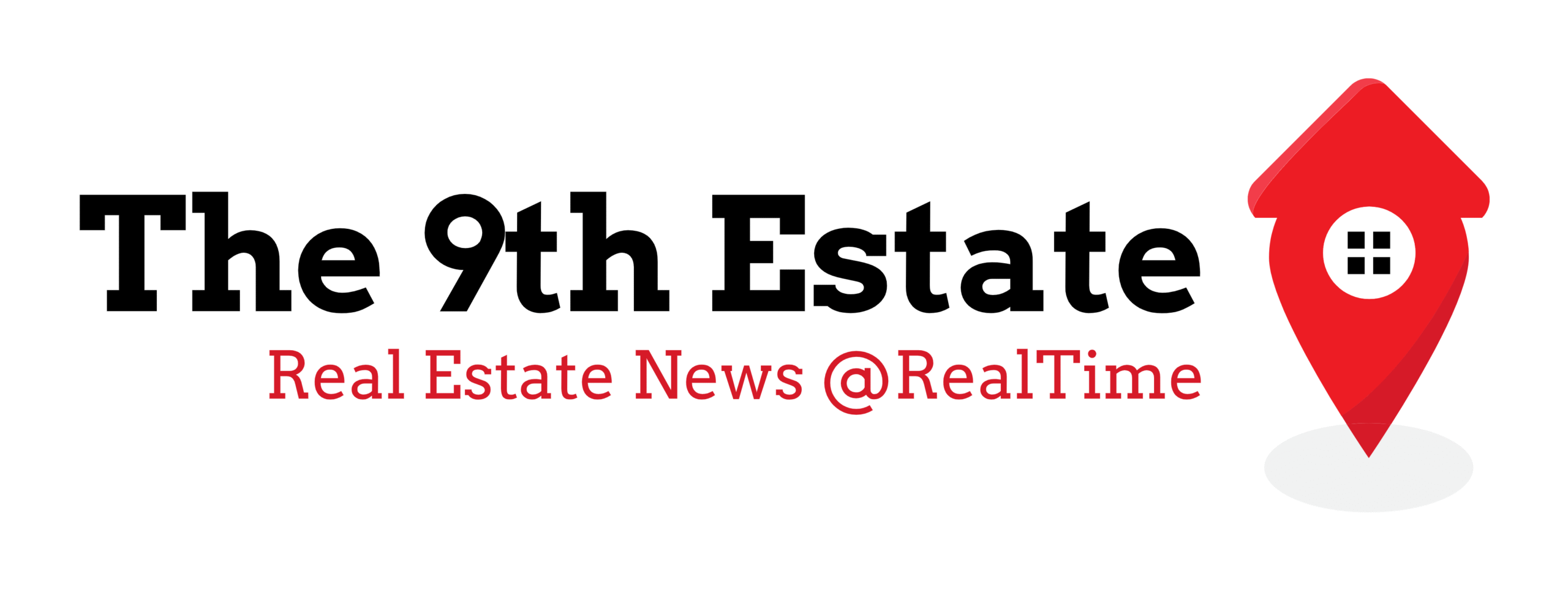Florida, known for its sunny beaches, vibrant cities, and dynamic economy, has long been a hotspot for real estate investors. From Miami’s bustling streets to the tranquil shores of the Gulf Coast, the state’s diverse landscape offers a multitude of opportunities for both residential and commercial investments. This article explores why real estate in Florida is considered a good investment, analyzing various factors such as market trends, economic indicators, demographic shifts, and future prospects.
1. Market Trends and Performance
a. Strong Market Growth
Florida’s real estate market has seen substantial growth over the past decade. According to the Florida Realtors Association, the state’s median home prices have consistently increased, outpacing national averages. Major metropolitan areas like Miami, Orlando, and Tampa have witnessed double-digit price appreciation, driven by high demand and limited supply.
b. High Demand
The demand for real estate in Florida is fueled by several factors, including its popularity as a tourist destination, a favorable climate, and a growing population. The state attracts millions of tourists each year, many of whom decide to invest in vacation homes or rental properties.
c. Diverse Investment Opportunities
Florida offers a wide range of investment options, from luxury beachfront properties to affordable suburban homes and commercial real estate. Investors can choose from single-family homes, condominiums, multi-family units, and office spaces, catering to different budgets and investment goals.
2. Economic Indicators
a. Robust Economy
Florida’s economy is one of the largest and most diverse in the United States. The state’s GDP growth rate consistently exceeds the national average, driven by industries such as tourism, aerospace, healthcare, and finance. A strong economy translates into a healthy real estate market, with stable property values and rental incomes.
b. Job Growth
The state’s job market is another critical factor contributing to real estate investment attractiveness. Florida boasts one of the highest job creation rates in the country, with significant growth in sectors like technology, healthcare, and hospitality. This influx of jobs attracts new residents, increasing demand for housing and commercial spaces.
c. Tax Advantages
Florida’s tax environment is highly favorable for real estate investors. The state has no personal income tax, and property taxes are relatively low compared to other states. Additionally, there are various tax incentives for businesses, making it an attractive destination for commercial real estate investments.
3. Demographic Shifts
a. Population Growth
Florida’s population growth is one of the fastest in the nation. The state is a top destination for retirees, known as “snowbirds,” who migrate from colder northern states. This demographic trend creates a steady demand for residential properties, particularly in areas known for retirement communities such as Sarasota, Naples, and The Villages.
b. Millennial Influx
In recent years, Florida has also seen an influx of younger residents, particularly millennials, who are attracted by the state’s job opportunities, affordable cost of living, and vibrant urban centers. This demographic shift is boosting demand for urban apartments, rental properties, and starter homes.
4. Future Prospects
a. Infrastructure Development
Florida is investing heavily in infrastructure development, which bodes well for the real estate market. Projects such as the expansion of highways, improvements in public transportation, and the development of new airports are enhancing connectivity and making various regions more accessible and attractive to investors.
b. Technological Advancements
The rise of technology and innovation hubs in cities like Miami and Tampa is driving demand for commercial real estate. Tech companies and startups are setting up offices in Florida, leading to increased demand for office spaces, co-working environments, and tech-friendly residential areas.
c. Sustainable Development
Sustainable and eco-friendly real estate developments are gaining traction in Florida. Green buildings, energy-efficient homes, and environmentally conscious communities are attracting environmentally aware investors and residents, adding a new dimension to the real estate market.
5. Investment Strategies
a. Buy and Hold
The traditional buy-and-hold strategy remains popular in Florida, given the state’s long-term appreciation potential. Investors purchase properties to rent out, benefiting from steady rental income and capital appreciation over time.
b. Vacation Rentals
Investing in vacation rentals is another lucrative strategy in Florida. The state’s tourism industry ensures a consistent stream of visitors, making short-term rentals a profitable venture. Platforms like Airbnb and Vrbo have made it easier for investors to manage vacation rental properties.
c. Fix and Flip
The fix-and-flip strategy involves buying distressed properties, renovating them, and selling them for a profit. Florida’s real estate market offers numerous opportunities for this strategy, especially in urban areas undergoing revitalization.
d. Commercial Real Estate
Investing in commercial properties such as office buildings, retail spaces, and industrial parks can yield high returns. Florida’s growing economy and business-friendly environment make commercial real estate a promising investment avenue.
6. Risks and Considerations
While Florida offers numerous real estate investment opportunities, it’s essential to be aware of potential risks:
a. Natural Disasters
Florida is prone to hurricanes and flooding, which can pose risks to property investments. Investing in comprehensive insurance and choosing properties with robust construction can mitigate these risks.
b. Market Volatility
Like any real estate market, Florida can experience fluctuations. It’s crucial to conduct thorough market research and invest in properties with strong fundamentals to weather market downturns.
c. Regulatory Changes
Changes in zoning laws, property taxes, and rental regulations can impact real estate investments. Staying informed about local regulations and working with experienced real estate professionals can help navigate these challenges.
Conclusion
Real estate in Florida is a promising investment due to its strong market growth, robust economy, favorable tax environment, and diverse demographic trends. The state’s unique combination of high demand, diverse investment opportunities, and future prospects makes it an attractive destination for real estate investors. However, like any investment, it comes with its own set of risks and challenges. Conducting thorough research, staying informed about market trends, and working with experienced professionals can help investors maximize their returns and build a successful real estate portfolio in the Sunshine State.

